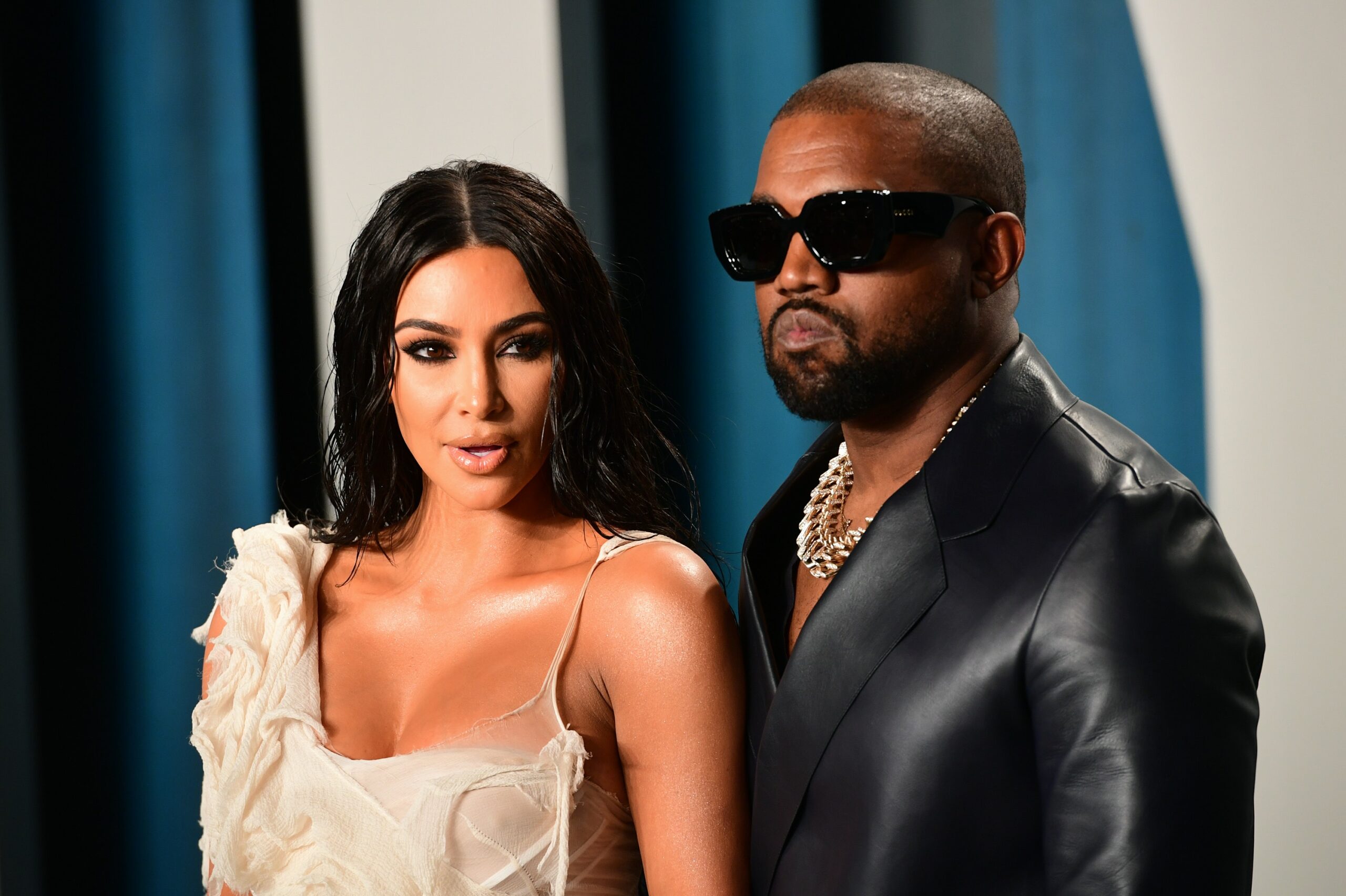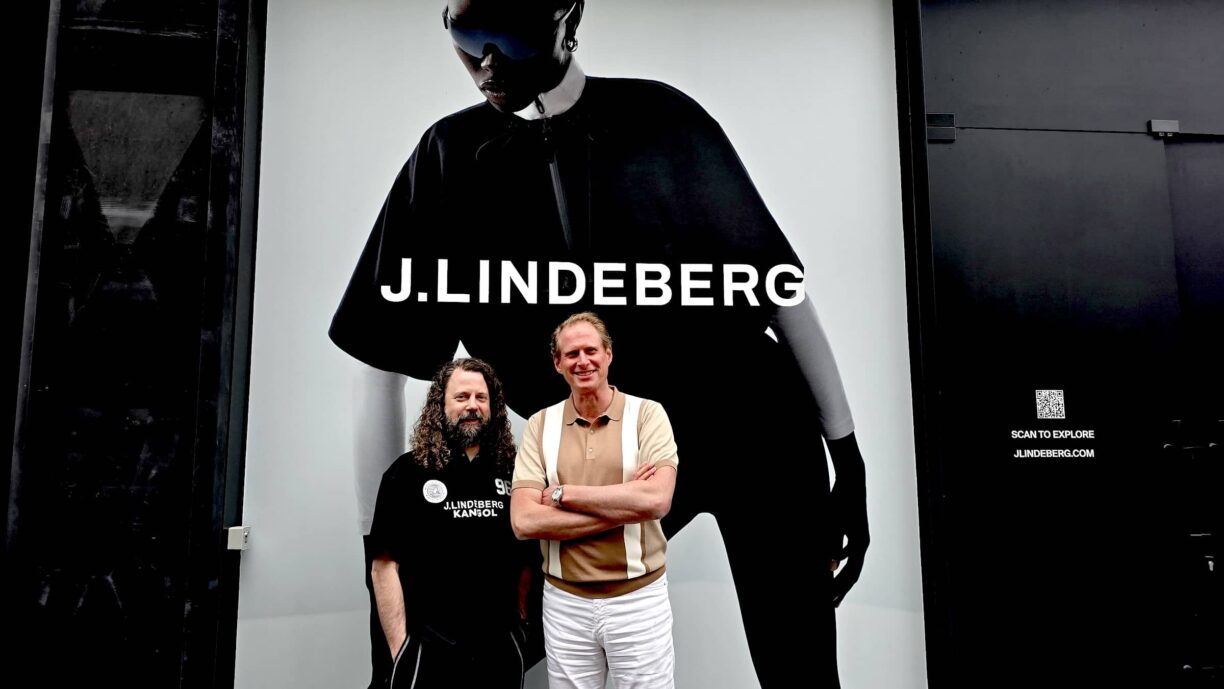In recent years, society has – and rightfully so – become much more comfortable talking about mental health issues like anxiety and depression.
However, the reaction to Kanye West’s recent behaviour has made it clear more extreme conditions, like bipolar disorder, are still relatively taboo.
West has made headlines for his tweets and a controversial presidential bid, and his wife Kim Kardashian West has issued a statement addressing his bipolar disorder.
She wrote on Instagram that she hadn’t spoken about his condition before because she is “very protective of our children and Kanye’s right to privacy when it comes to his health”, adding: “But today, I feel like I should comment on it because of the stigma and misconceptions about mental health.”
She adds: “He is a brilliant but complicated person who on top of the pressures of being an artist and a black man, who experienced the painful loss of his mother, and has to deal with the pressure and isolation that is heightened by his bipolar disorder.”
Martin Rogan, CEO of charity Mental Health Ireland, emphasises how our understanding of mental health has improved.
“There’s probably a healthier conversation now than in the past – in the past people simply didn’t have any conversation around mental health, it’s like it didn’t exist,” he says. “That was really unhelpful and for a lot of people with significant mental health needs, that was probably more of a challenge than their condition.”
However, while “there’s a lot more openness around mental health issues,” Rogan explains there’s “probably less so about the more significant mental health conditions like bipolar or schizophrenia.”
…which can be a lot harder to empathise with and even more difficult to be around. I feel very sorry for all of them, but hopefully this will lead to more understanding of an illness that still has enormous stigma.
— Hattie Crisell (@hattiehattie) July 22, 2020
George Hoare, head of programme management at Time to Change, the mental health anti-stigma campaign run by Mind and Rethink Mental Illness, says: “Sadly, our research shows the reality of living with conditions like schizophrenia, borderline personality disorder and bipolar disorder remains largely misunderstood. 84% of people with experience of a mental health problem don’t believe perceptions of less common conditions have improved in the last 10 years.
Worryingly, 27% of people with a less common mental health problem feel that discrimination against them has actually increased in the last 10 years.”
Psychologist Dr Maryhan Baker has also seen this, saying: “Despite several high-profile campaigns by the Duke and Duchess of Cambridge to end the stigma of mental health issues; my experience as a daily practitioner is that we still have a considerable way to go.”
For Baker, the two biggest contributors to stigma are fear and a lack of knowledge. She cites stereotypes of serious mental health issues in films like One Flew Over The Cuckoo’s Nest and The Shining, saying: “All of which paint a picture of an individual who is ‘mad, dangerous, erratic, and unstable’, which does nothing to build empathy and instead creates fear.
Yet mental health issues are far more complex, more individual, than can be portrayed in a single stereotype.”
Dude it sucks to be bipolar and see what people are posting.
— Jarv Jarv Binks (@JarvJarvBink) July 22, 2020
People with bipolar are not crazy. We’re not our illness, we have an illness. Just because you can wrap your head around depression & anxiety, but not bipolar, is not our problem, it’s yours. So educate yourself.
Baker argues that people often view conditions like bipolar “as though the person who is struggling with bipolar depression has the ability to simply wake up one day and think differently. It’s a damning indictment of how we think about mental health issues, compared to physical health issues.”
However, Rogan thinks we’re moving in the right direction, as people see “better outcomes” for those suffering from serious mental health issues.
“Stigma will reduce over time, so heavily loaded words like ‘bipolar’ don’t necessarily have that same catastrophic association that it may have had in the past,” he says. People who live with these conditions speaking honestly about their experiences is also “a really powerful engine against stigma and discrimination,” he adds.
The TL often proves it’s very understanding when looking at depression & anxiety but not things like bipolar, schizophrenia, psychosis, personality disorders etc
— Richie Brave. 🇬🇾🇲🇲🇮🇳 (@RichieBrave) July 22, 2020
Rogan wants the general public to have a broader view of these conditions. “We need to understand mental health issues are not a cul de sac, they can be quite derailing and disruptive, but also they can bring great creativity, and that’s something we need to cherish,” he explains. “It’s important we fully value that, while not underestimating the challenge of living with a severe mental illness.”
He says social media “can be a harsh space”, and Baker agrees – particularly when it comes to West’s situation.
“If you are in the public eye then the stigma seems to be magnified, as if their celebrity status should somehow make them immune to the challenges we all face as human beings,” she says. “There seems to be even less empathy given, as if money, wealth, and public adoration should somehow create a shield.”
Mental Health Ireland is hosting a free online seminar on July 24 bringing together “experts and people with lived experience of mental health challenges and recovery from across Europe”.





